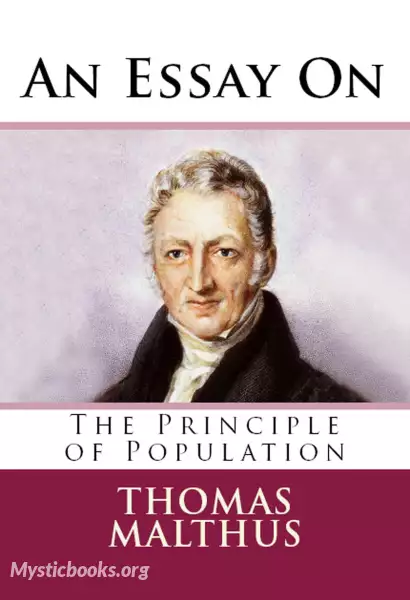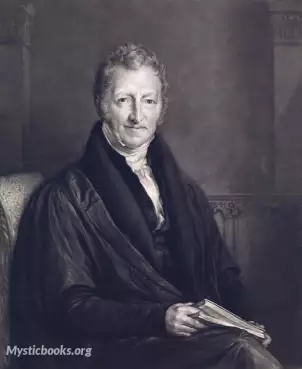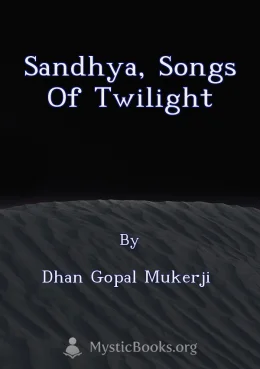
An Essay on the Principle of Population
'An Essay on the Principle of Population ' Summary
While it was not the first book on population, Malthus's book fuelled debate about the size of the population in Britain and contributed to the passing of the Census Act 1800. This Act enabled the holding of a national census in England, Wales and Scotland, starting in 1801 and continuing every ten years to the present. The book's 6th edition (1826) was independently cited as a key influence by both Charles Darwin and Alfred Russel Wallace in developing the theory of natural selection.
A key portion of the book was dedicated to what is now known as the Malthusian Law of Population. The theory claims that growing population rates contribute to a rising supply of labour and inevitably lowers wages. In essence, Malthus feared that continued population growth lends itself to poverty.
Book Details
Language
EnglishOriginal Language
EnglishPublished In
1798Authors

Thomas Malthus
England
Thomas Robert Malthus was an English cleric, scholar and influential economist in the fields of political economy and demography. In his 1798 book An Essay on the Principle of Population, Malthus obse...
Books by Thomas MalthusDownload eBooks
Listen/Download Audiobook
- Select Speed
Related books

Sandhya, Songs of Twilight by Dhan Gopal Mukerji
Dhan Gopal Mukerji's *Sandhya, Songs of Twilight* is a collection of poems that reflect his experiences as an Indian immigrant in San Francisco. The...

In Memoriam A.H.H. by Alfred, Lord Tennyson
In Memoriam is Tennyson's elegiac tribute to his friend Arthur Henry Hallam, who died in 1833 at the age of 22. Tennyson wrote this long poem over 17...

Soul of the Indian by Charles Alexander Eastman
Charles Eastman's 'Soul of the Indian' is a deeply personal and insightful account of his life as a member of the Dakota Sioux tribe. He explores the...

Winter of Content by Laura Lee Davidson
An evocative and heartwarming memoir that chronicles the author's experiences living among the rural community of Ontario during the outbreak of the G...

Heart of a Dog by Albert Payson Terhune
This book explores the complex relationship between humans and dogs. It examines the bond that forms between dogs and their owners, and the different...

Listening by John Frederick Freeman
“Listening” by John Frederick Freeman is a contemplative poem that explores the beauty and tranquility of a pastoral evening. The speaker meticulousl...

Nature's Miracles Volume 1: World Building and Life by Elisha Gray
Nature's Miracles: Familiar Talks on Science, published in 1900, is a discussion of science and technology for the general public. Volume I, subtitled...

Smoke Bellew by Jack London
Smoke Bellew is a collection of essays and stories written by Jack London during his time in the Klondike gold rush. He chronicles his personal experi...

Cottager to Her Infant by William Wordsworth
This poem, 'Cottager to Her Infant' by William Wordsworth, is a testament to his love for nature and simplicity. It reflects the Romantic Movement's e...

Poems by Lady Jane Francesca Wilde
This collection of poems by Jane Wilde, known by her pen name Speranza, offers a glimpse into the life and mind of a passionate Irish nationalist and...
Reviews for An Essay on the Principle of Population
No reviews posted or approved, yet...